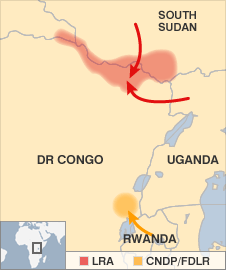
The Economist recently published a series of articles about the future of the European Union, which has been put in jeopardy by
the devastating economic problems of the Eastern European countries. A shortage of capital in "New Europe" has left "Old Europe" with the bill in hand, and the tensions resulting from such
could break-up the EU. What Western Europe need fear most is the rise of nationalist and populist in dictators in Eastern Europe should it now come to the East's aid; Germany's close geographic proximity to these countries and status as Europe's largest economy make it likely that
aid will be flowing out of Berlin. Finally, an articles covering
the sharp divisions within the EU and how interdependence is the source of the rift.














